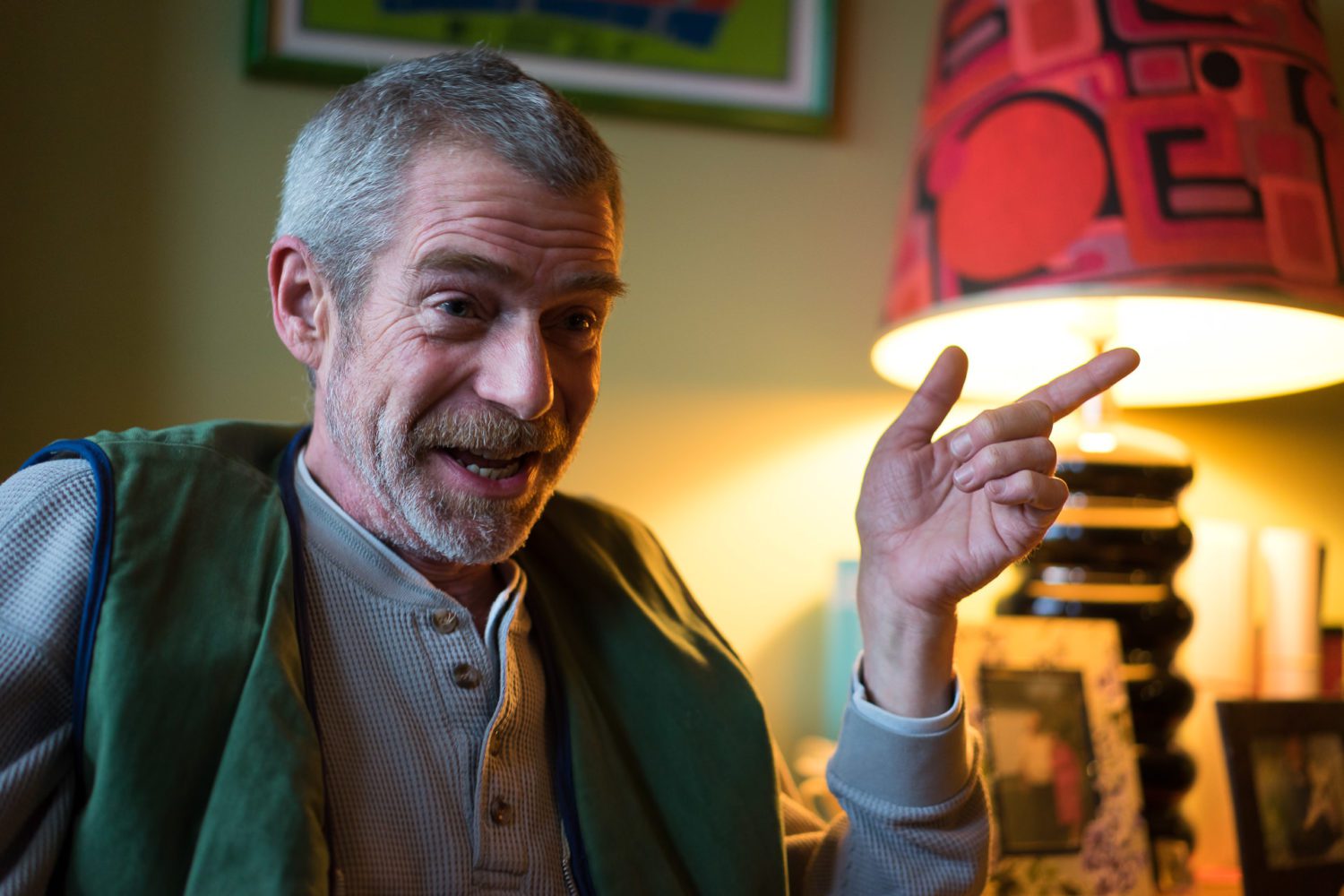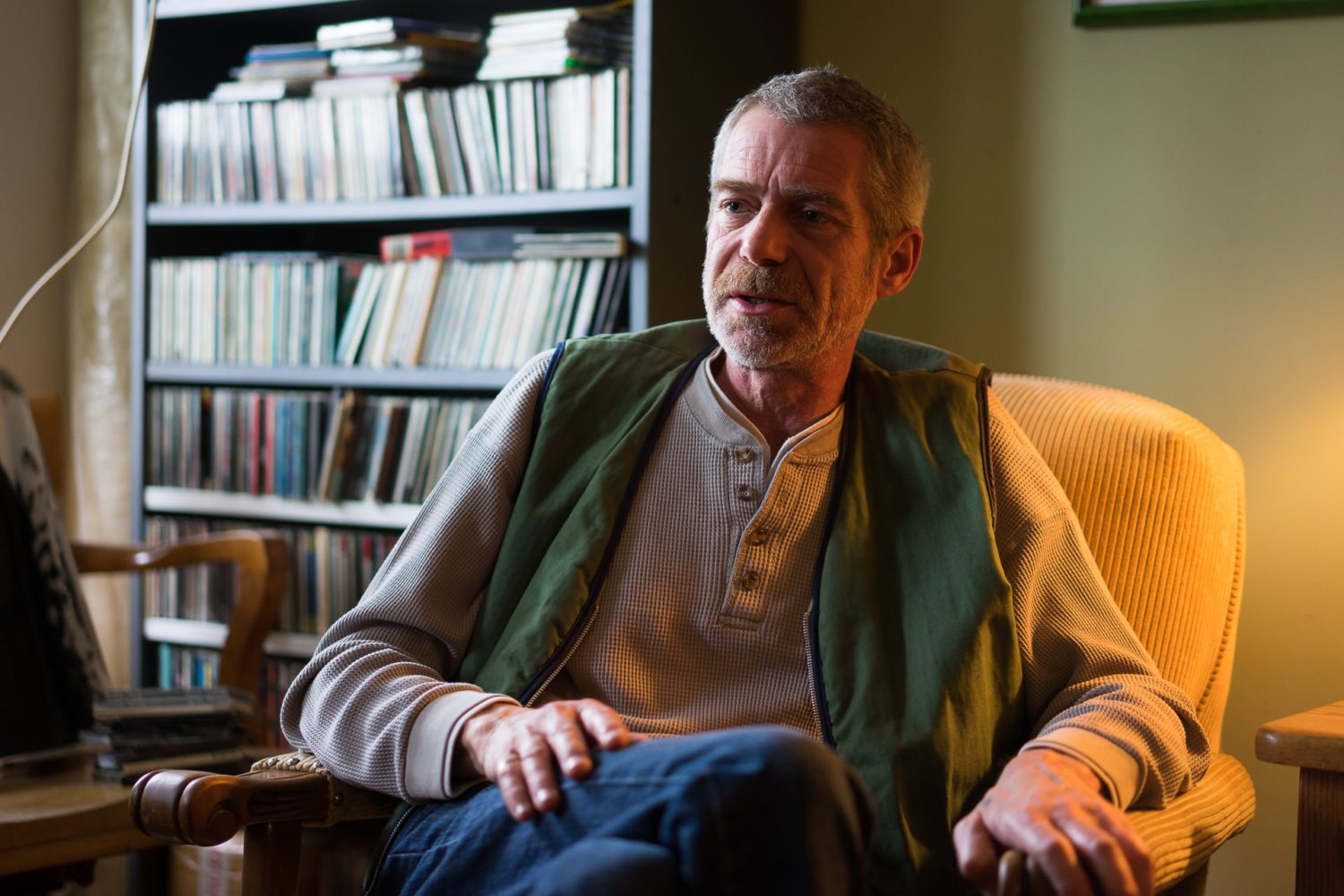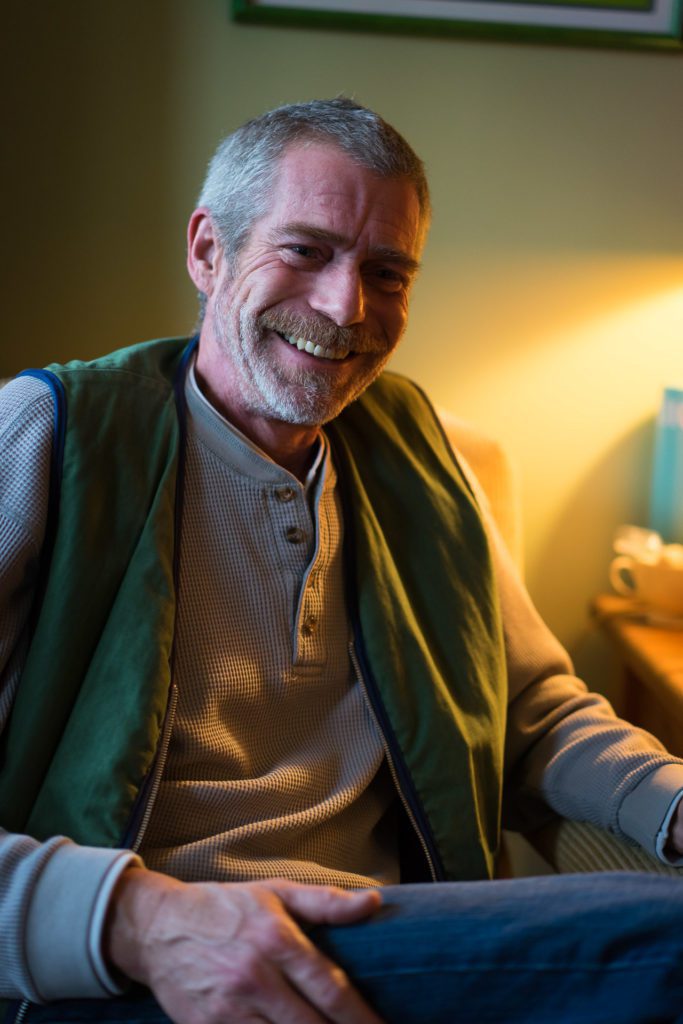As an HIV-positive gay man, Scott has seen the best and worst of our health care system – from being ‘scared shitless’ while waiting months for an MRI to realizing the lengths his doctor goes to care for him.
“The doctor managing my HIV wanted to do a brain MRI. So they booked me an appointment, and it was in months and months. I forget who the CEO at the hospital was at the time, but I got his executive assistant on the phone. I said, ‘I would like to speak to the CEO.’ And she goes, ‘What does this concern?’ And I said, ‘It’s concerning the long wait time for my MRI.’ And she goes, ‘He doesn’t deal with stuff like that. He deals with funding and talking to people in different levels of government, and stuff like that.’
“I said, ‘I understand that, but I just want one minute of his busy, busy day. I am free 24 hours a day. I want one minute of his time, just so that I can say to him that I know that if he needed an MRI he would not be waiting more than eight minutes. I know that, and every person that comes into the hospital knows that, but I am not too sure that he ever hears stuff like that.’”
“She goes, ‘Well, he is really, really busy.’ I said. ‘He wasn’t too busy to go to a staff party the other day – there were notices all over the hospital.’”
“A few hours later, my MRI was rebooked in two months. I have found that you have to be like that. I don’t like being a prick, but I can be.”

“I saw this doctor in the emergency department. I am old enough to know when someone hates me because I am gay. He was just so fucking dismissive of me. It was horrible. It was his attitude, it was piss poor. So I immediately went to the patient relations office and explained the situation. I said, ‘This guy does not like gays. Take it from me. He doesn’t like me because I am gay. He didn’t come out and say faggot or anything like that, but I can tell.’”
“I was phoned back in a week and I was told that the doctor had been spoken to by the head of emergency. It was not the first time that someone had a similar complaint about this guy. I thought, ‘Well, now there’s a system working for you! Someone believing you. I mean, how do you prove that he doesn’t like gays? That was the last thing I ever expected.”
Never, ever would I have expected a bureaucracy to admit that they’d spoken to a doctor about his attitude towards homosexuality!
“That was nice, nicer than taking a pill to make you feel better. It’s all about human interaction isn’t it?”
“Despite that doctor, for the most part, most people don’t give a shit that I am gay. Most people don’t treat me any differently.”

“I don’t think that a lot of people working in health care bureaucracies understand that people are not well.”
Although hospitals are full of sick people, they still don’t see it. They are aware of it, but they don’t understand how it affects actual people.
“I was waiting for a neurologist appointment. The lady phones me and says, ‘Have you got a pen?’ I was thinking it was going to be next week, and was wondering if it would conflict with other appointments. She goes, ‘July 20th at 10:30.’ I went, ‘July?!’ (This was November).”
“That to me has been the biggest frustration with the health system bureaucracy. Especially when you’re scared shitless and you don’t know what’s going on. You feel like you’re on your own.”

“The main doctor who manages my HIV, to me, is a lifesaver. He has been kind, generous, he’s done extra things. When I got the MRI results, he wanted to do a lumbar puncture. He told me to come back on Thursday. So I told the receptionist that I was to come back next Thursday, and she said, ‘He doesn’t have clinic on Thursdays.’ So she disappeared in the back, and then came back out, and said, ‘Yeah, you’re right. Thursday isn’t one of his hospital days, but he’s coming in especially for you.’
“That was an amazing moment for me where I thought, ‘This guy is coming in on a non-scheduled hospital day to personally give me a lumbar puncture!’”
“Where do you get most of your information about HIV from?”
“From many sources. I don’t do an awful lot of searching online for quick cures and stuff. But I read, I read an awful lot – newspapers and magazines. I listen to other people’s stories about their experiences, their drugs. I talk to pharmacists. My pharmacists have been phenomenal. The pharmacist is the first person I go to. And I hang around with people I know. I mean I know lots of people that are HIV positive. (I know probably just as many who are dead.) It’s interesting to listen to other people’s issues. It makes you feel, first of all, that you are not alone. And, sometimes people have little ways of saying, ‘Well, do this, or try this.’ So another HIV-positive person might suggest changes to my diet to counteract side effects from my medications. And I often follow that advice.”


The comments section is closed.